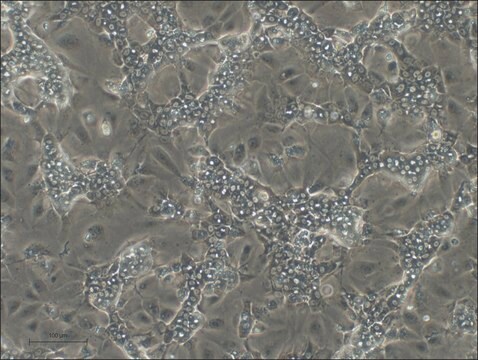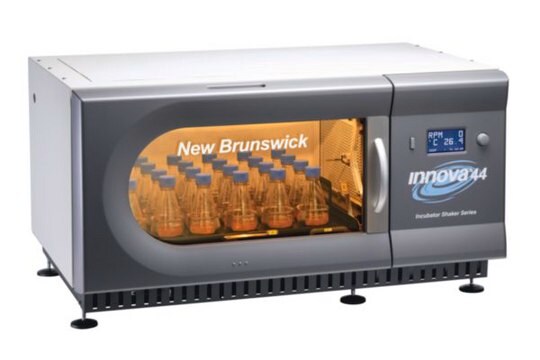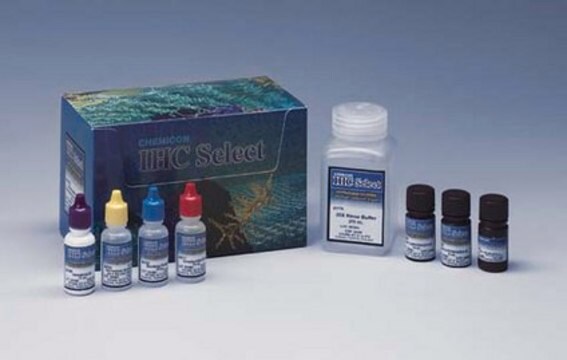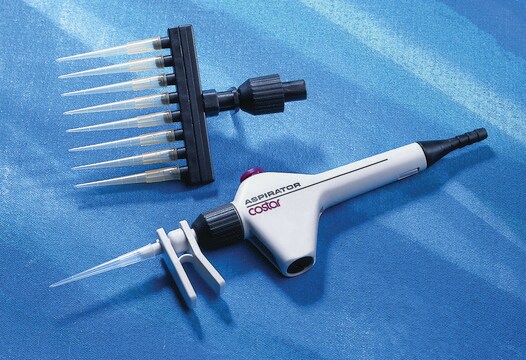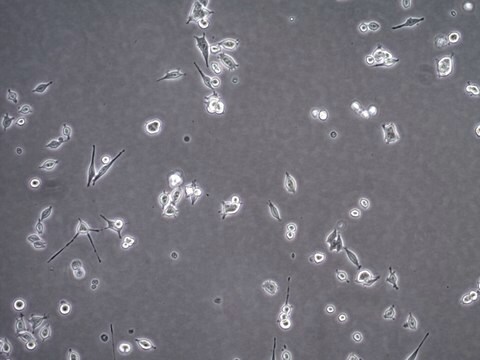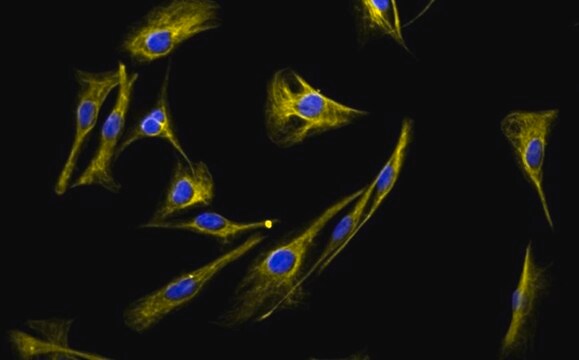SCCAR10064
Assay Ready LX-2 Human Hepatic Stellate Cell Line
Human
Synonym(s):
assay ready hepatic stellate cells, assay ready hepatocytes, hepatic fibrosis cell line, hepatic stellate cell line, hepatocyte cell line
About This Item
Recommended Products
Product Name
Assay Ready LX-2 Human Hepatic Stellate Cell Line,
biological source
human
Quality Level
packaging
vial of 1 vial
manufacturer/tradename
Millipore
technique(s)
cell culture | stem cell: suitable
shipped in
liquid nitrogen
storage temp.
−196°C
General description
LX-2 was generated by immmortalization of primary human hepatic stellate cells with the SV40 large T antigen followed by selective culture of early passaged cells in low serum media conditions.
Immortalized LX-2 was established by Xu et al to overcome issues of culture variability and to provide a stable and unlimited source of human hepatic stellate cells that are homogeneous. These cell lines have been extensively characterized and retain key features of cytokine signaling, neuronal gene expression, retinoid metabolism, and fibrogenesis, making them highly suitable for culture based studies of human hepatic fibrosis.
Features and Benefits
Target description
Hepatic stellate cells are an essential cell phenotype responsible for liver fibrosis following their activation to fibrogenic myofibroblast-like cells in diseases such as chronic alcoholism, hepatitis B and C, fatty liver disease, obesity and diabetes. There is an increasing need for renewable cell culture models that faithfully recapitulate their in vivo phenotype, particularly for the development of therapeutics.
The LX-2 cell line was generated by immmortalization of primary human hepatic stellate cells with the SV40 large T antigen followed by selective culture of early-passage cells in low serum media conditions.
Storage and Stability
Other Notes
Disclaimer
Storage Class
12 - Non Combustible Liquids
wgk_germany
WGK 1
flash_point_f
Not applicable
flash_point_c
Not applicable
Certificates of Analysis (COA)
Search for Certificates of Analysis (COA) by entering the products Lot/Batch Number. Lot and Batch Numbers can be found on a product’s label following the words ‘Lot’ or ‘Batch’.
Already Own This Product?
Find documentation for the products that you have recently purchased in the Document Library.
Our team of scientists has experience in all areas of research including Life Science, Material Science, Chemical Synthesis, Chromatography, Analytical and many others.
Contact Technical Service